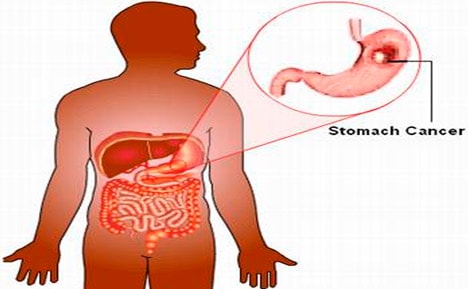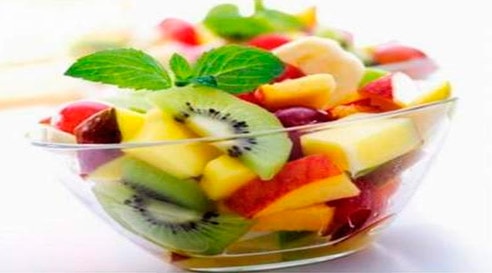Proper nutrition prevents cancer
Through epidemiological and experimental evidence, it has been proven that diet is related to 30-40% of human cancers.
Drinking a lot of alcohol, especially in combination with smoking, increases the risk of cancer of the oral cavity, esophagus, and larynx. Stomach cancer is closely related to diets high in smoked substances, food preservatives, and low in fresh fruits and vegetables. Studies conducted in the United States and some Western countries show a causal relationship between a diet high in fat and low in vegetables and colorectal cancer.
Similarly, prostate cancer mortality was found to be higher in groups with high fat intakes than in groups with normal fat intakes. Breast cancer risk was reduced in groups with high intakes of fresh fruits and vegetables and low intakes of fat. Diets rich in plant foods, especially green or yellow fruits and vegetables, were associated with a reduced risk of lung, colorectal, esophageal, and stomach cancers.
A reasonable diet and eating regimen can completely protect and reduce the risk of cancer and some other chronic diseases for the body. It is necessary to harmoniously implement 10 tips in eating, living and working reasonably to proactively prevent cancer:
1. Actively and regularly implement advice on eating, processing and using food to ensure food safety and hygiene:

Stomach cancer linked to diet high in smoked foods, preservatives
food
- Choose safe food preparation methods (eg, only buy milk that has been sterilized and sealed in bottles).
- Cook food thoroughly.
- Eat freshly cooked food.
- Store cooked food carefully.
- Re-cook unused food thoroughly.
- Avoid leaving cooked and raw food out for too long.
- Wash your hands many times (before eating, cooking ...).
- Keep the kitchen clean.
- Preserve food against bacteria, parasites, rodents...
- Use clean water.
2. Ensure nutritional balance in the diet.
- Eat a variety of foods:
Group 1: Protein-rich foods: fish, meat, eggs, beans...
Group 2: Milk and dairy products.
Group 3: Foods rich in vitamins: vegetables, fruits.
Group 4: Starchy foods: rice, potatoes, noodles.
Group 5: Foods rich in fat and provide high calories: oil, grease.
Combine the ingredients in the menu between main and side dishes revolving around staple foods and foods (must ensure at least 3 types of dishes including: dishes that provide a lot of carbohydrates such as rice, bread, dishes rich in protein and fatty acids such as meat, fish, eggs, dishes rich in minerals and vitamins such as vegetables, fruits in daily meals. Create all favorable conditions for having delicious meals during the day (happy, warm atmosphere...).

Eating lots of vegetables and fruits is good for your health and prevents cancer.
3. Avoid eating too much fat (fat accounts for about 20% of calories in the diet).
4. Do not drink too much alcohol or smoke.
5. Avoid drinking water or eating food that is too hot.
6. Do not eat foods that are too salty or have too much MSG (should use less than 10g of salt per day, less than 2g of MSG per day), do not use MSG for children.
7. Do not eat food suspected of being contaminated with mold.
8. Eat lots of green and yellow vegetables and fruits rich in natural antioxidants such as beta carotene, vitamin C, E...
9. Avoid prolonged exposure to sunlight.
10. Keep your body clean, work properly, exercise regularly and live a happy and healthy life.
According to (SKDS) - MD






